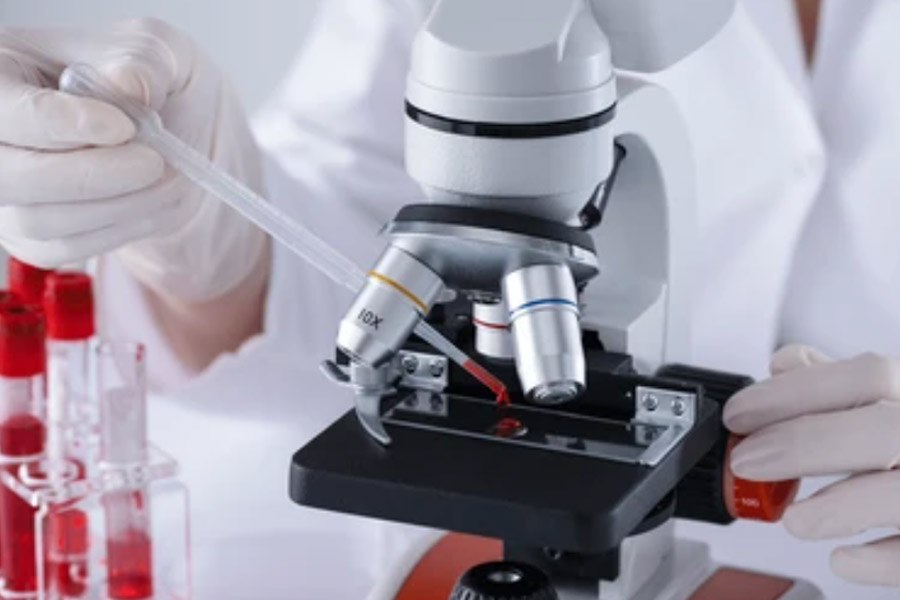A fingerprick blood test might be able to detect muscle damage and track recovery in elite athletes, including marathon runners, according to a study.
Marathon running can cause extensive muscle damage, known as 'exercise-induced muscle damage', which impairs an athlete's performance and increases risk of injury, if they've not recovered completely.
The "easy-to-use" blood test, developed by researchers at Proteomics International and The University of Western Australia, detects muscle damage by measuring oxidative stress, known to be involved in multiple health conditions.
The test first identifies lurking muscle damage and then tracks how long recovery is taking, thereby helping coaches and athletes estimate when it is safe to return to training following intense exercise.
The results of how the blood test performed in elite marathon runners are described in the journal Physiological Reports.
"Athletes recover at different rates so the rule of thumb approach of resting for a few days can often result in athletes returning to training too quickly, getting injured again and prolonging their recovery time," Richard Lipscombe, Managing Director, Proteomics International, said.
The test has implications for all high-performance athletes, from footballers to horse racing, he said.
"With this easy-to-use test that can detect unseen muscle damage, athletes can adjust their training regime to avoid more serious injury," Lipscombe added.
The test measures muscle damage by detecting proteins in the blood suggestive of exercise-induced muscle damage, the researchers said.
Except for the headline, this story has not been edited by The Telegraph Online staff and has been published from a syndicated feed.












